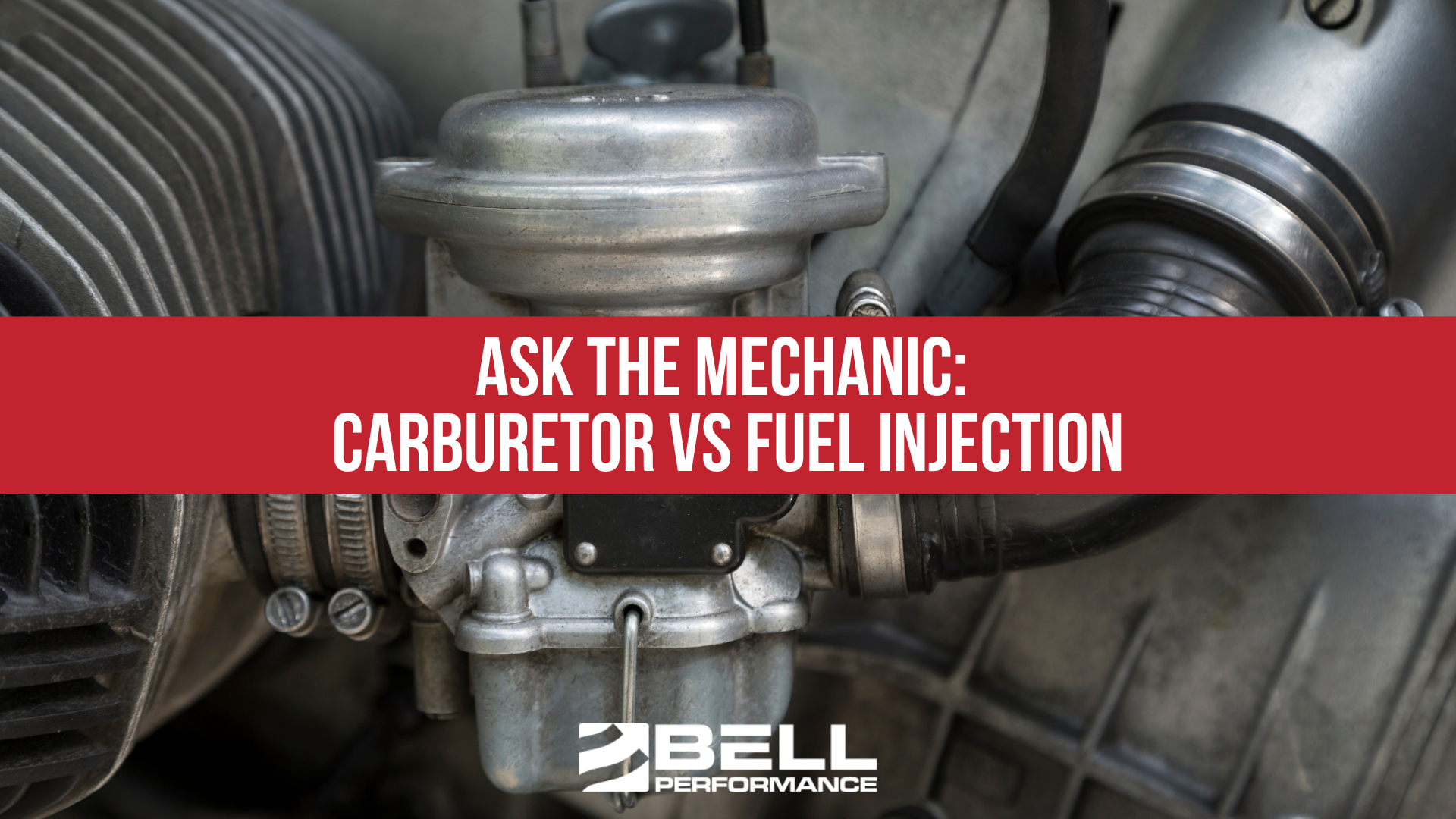10 Ways To Show Your Car Some Love - Tips for National Car Care Month
April is National Car Care Month! For most people, their vehicle is their second biggest financial investment outside of property, and with the...

National Car Care Month is coming to a close and we hope you enjoyed our first blog post of the month, discussing the top ten car care tips to get your car ready for the spring and summer months. As National Car Care Month comes to a close, the big news on the minds of drivers everywhere is rising gas prices. Gas prices have always risen a certain amount as the summer driving season approaches, in part because refineries have to switch over from making high-volatility winter-blend gas to low-volatility summer gas, and this switch typically causes a temporary shortage in the overall supply until the summer gas supply gets ramped up. This year, though, seems to be worse than usual, with gas prices spiking over $4.00 per gallon in many parts of the country and no end in the site on how high they may end up. So, to wrap up the month, Bell Performance offers some car care tips that should go some way toward improving your gas mileage. You may also want to check out our previous blog on some factors that go into designed fuel-efficient vehicles, The Elements of Fuel Economy.
We all accumulate assorted things in our trunks and many times we forget about them. But an extra 100 lbs hauled around in your trunk can reduce your mileage by 1-2%. Extra weight requires more fuel for your vehicles to move. If you don’t really need what’s in there, clean it out and save fuel.
We talked about this in the previous blog on car care tips, but like other tips, it bears repeating. Underinflated tires create more drag on the road and burn more fuel. The general rule is a 1% drop in gas mileage for every 3 psi drop in the pressure over all four tires. Follow the recommendations for proper tire pressure which are usually found on a sticker in the driver’s side door jamb or in your owner’s manual. It is not recommended that you exceed the maximum pressure printed on the tire’s side wall.
It’s been traditionally thought that clean air filters help gas mileage, but what it actually does is improve your acceleration time by up to 11 percent. This is true for fuel-injected computerized cars. Better, more consistent acceleration can improve gas mileage by helping you resist the urge to gun the gas to overcome any perceived sluggishness in your vehicle.
It is true that cars don’t need to have tune-ups nearly as often as they used to. But there’s still value in one, especially if it has failed an emissions test. Old tune-ups used to involve a lot, such as changing points in the car. Now, tune-ups include changing spark plugs and wires. Most modern cars only need a tune-up every fifty thousand miles or so. But getting one can improve your gas mileage by 4%.
Ethanol is well-known to rob mileage in vehicles because it has less energy value than pure gasoline (even though it does produce cleaner emissions). As the ethanol level has increased at the pump to 15% across the nation, more consumers are noticing poor gas mileage, while paying more for gas at the same time. Not a good combination.
Mix-I-Go is formulated to help blunt some of this loss of mileage you experience through ethanol. Regular use typically can improve mileage between 8-12%, depending on driving conditions. When you’re paying $60.00 a tank for E15, that’s a significant saving over time.
Watch a few video testimonials of happy Mix-I-Go users:

April is National Car Care Month! For most people, their vehicle is their second biggest financial investment outside of property, and with the...

James Dunst, Bell Performance's ASE-certified master mechanic, discussed mechanical issues with your engine in this guest blog.
Here's a fact: Most gasoline that you're pumping into your vehicle these days contains some sort of ethanol concentration, typically 10 to 15...